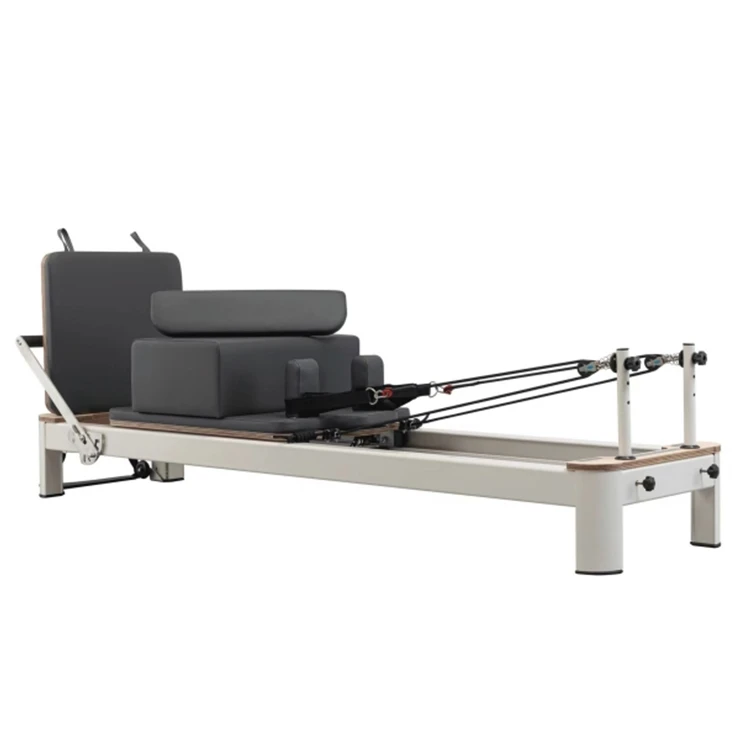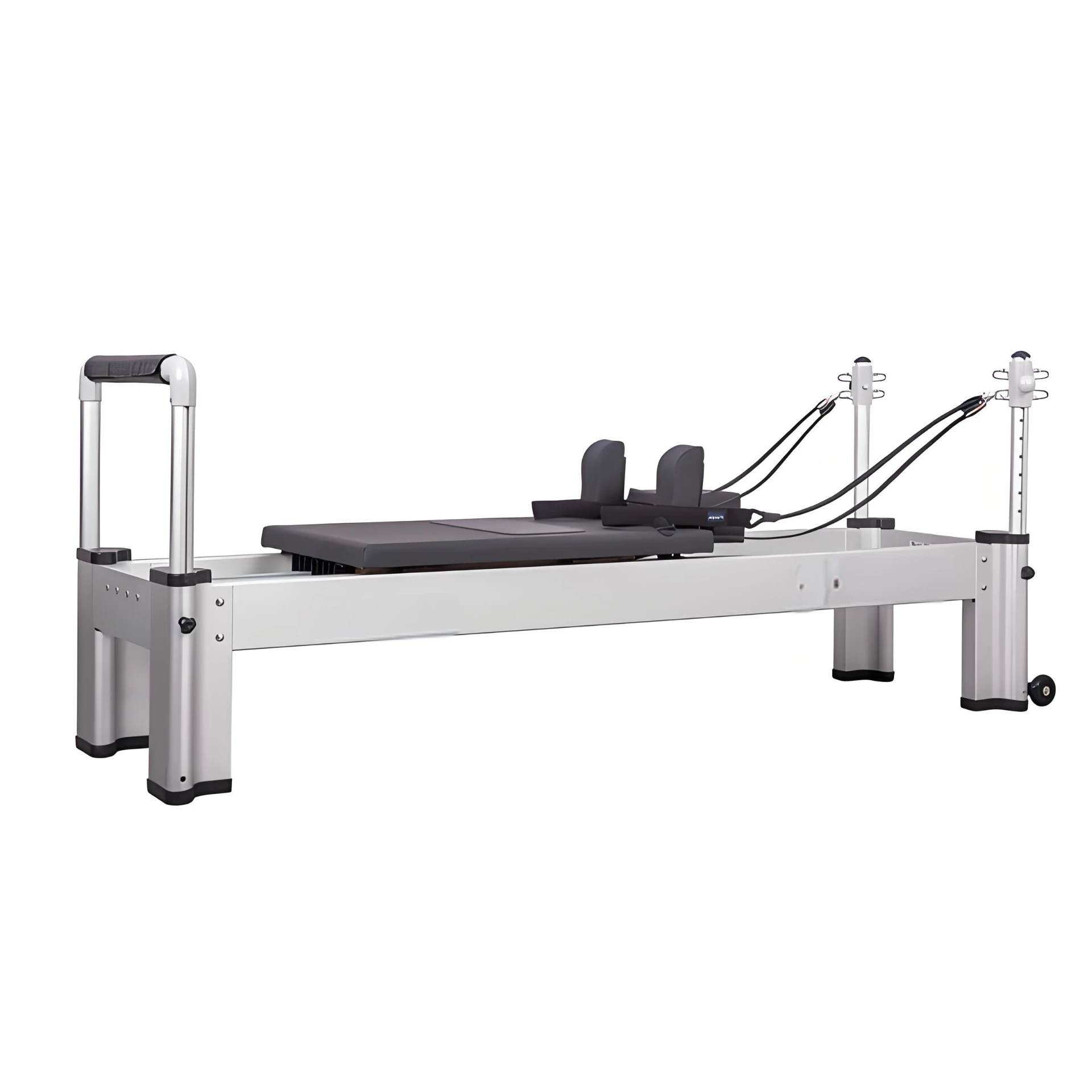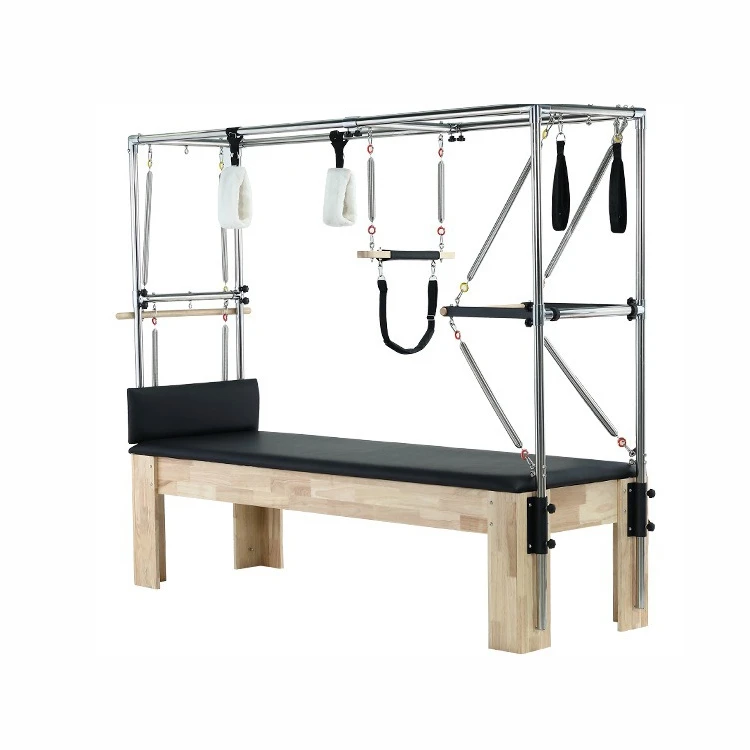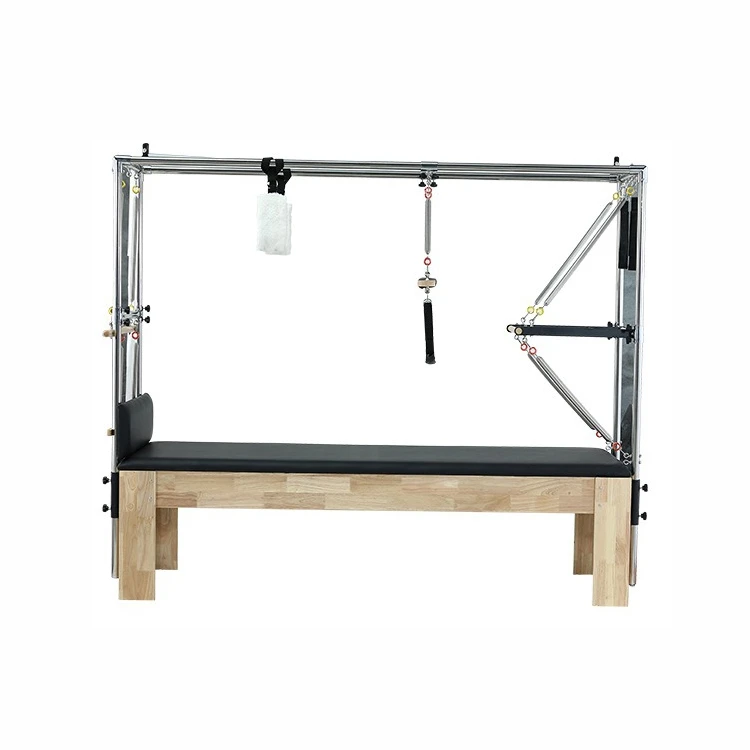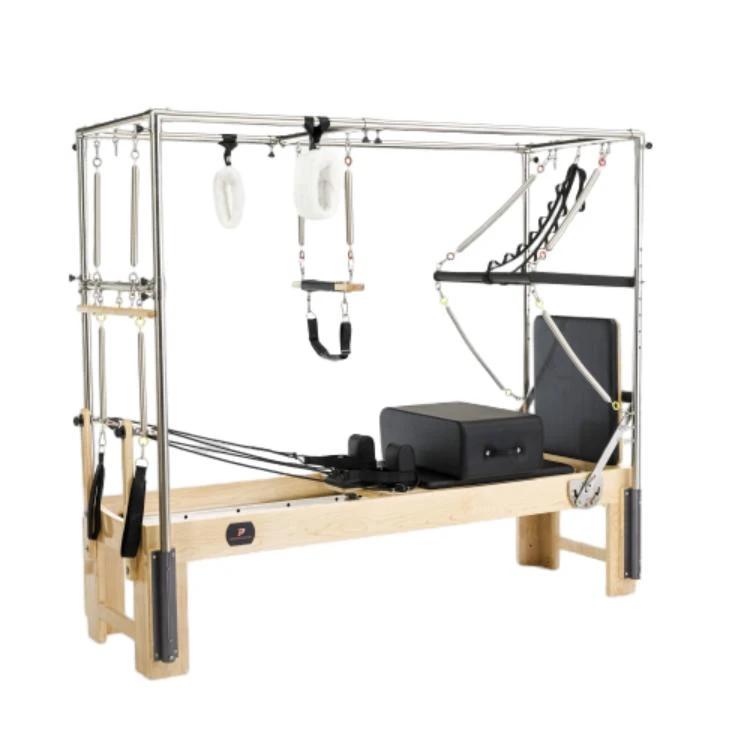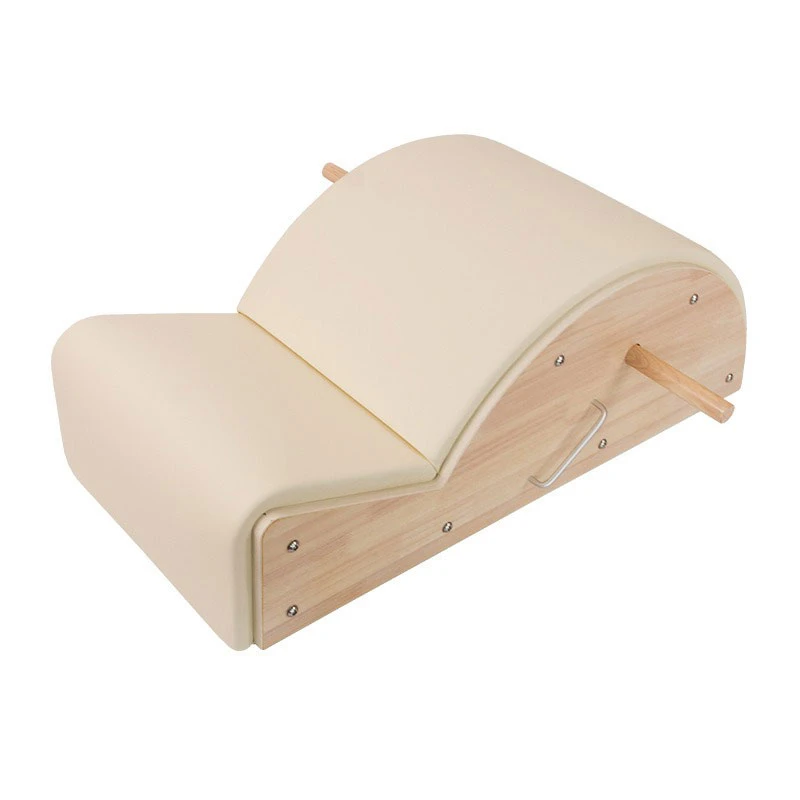Jan . 14, 2025 12:39
Back to list1111
cadillac chair pilates
Pilates for volleyball athletes has become an invaluable routine embracing strength and flexibility, enhancing both individual performance and team dynamics. The integration of Pilates exercises into volleyball training is not merely a passing trend but a strategic enhancement backed by athletic expertise and scientific research.
Authoritative voices in the field, such as international volleyball coaches, support Pilates as an essential supplement to traditional strength and conditioning programs. Elite players, including Olympians, have shared testimonies regarding Pilates' role in maintaining peak performance levels. The methodical control inherent in Pilates exercises aligns beautifully with the precision needed for accurate serves and spikes, making them indispensable for players striving for excellence. Moreover, the trustworthiness of Pilates is reinforced by its adaptability. It caters to all skill levels, ensuring that beginners can gradually build up their strength and flexibility, while expert players can refine specific skills. Not only does Pilates enhance physical capabilities, but it also nurtures mental focus. Athletes trained in Pilates report an increase in concentration and stress management, a factor that translates into calmer, more strategic gameplay under pressure. Commercially, products enhancing the Pilates experience, such as resistance bands and balance boards, have gained prominence and are trusted by volleyball teams for their quality and effectiveness. These tools are integral in customizing Pilates sessions to meet the varying needs of athletes, each product vetted to ensure it delivers on its promise of enhancing athletic performance. In conclusion, Pilates for volleyball is more than just supplementary exercise; it is a cornerstone for cultivating a physically and mentally agile athlete. Through its comprehensive approach to body conditioning and injury prevention, Pilates has earned its rightful place in professional volleyball training regimens worldwide. By integrating core strengthening and body-awareness exercises, volleyball players develop resilience and a competitive edge that is unmistakable, making Pilates a trusted ally in their athletic journey.
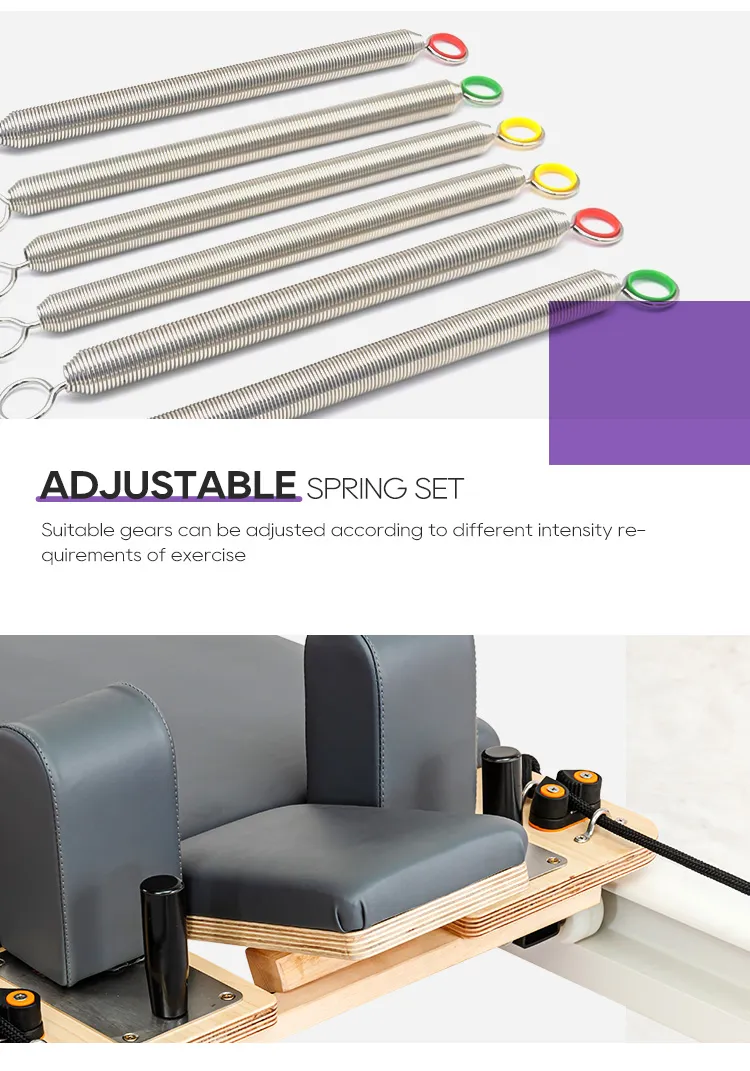
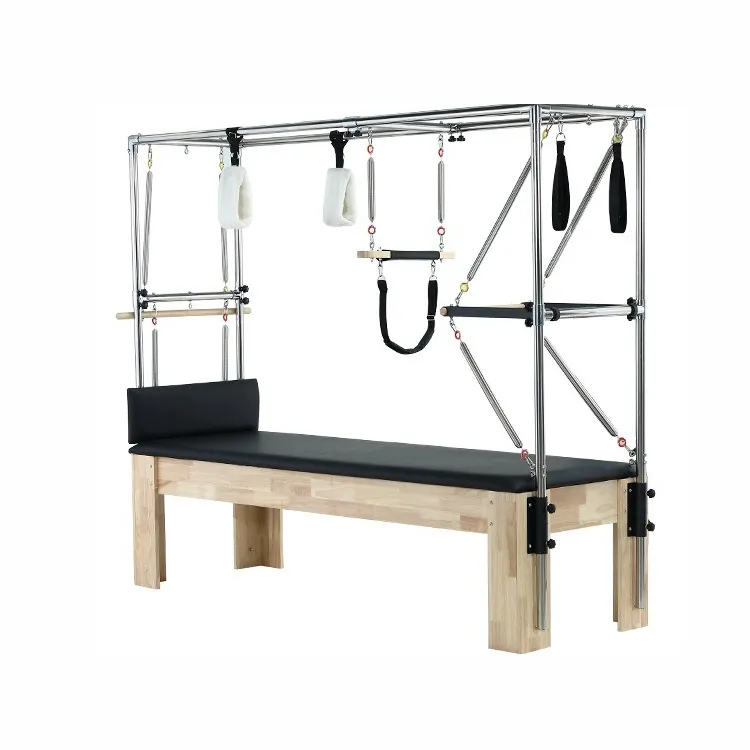
Authoritative voices in the field, such as international volleyball coaches, support Pilates as an essential supplement to traditional strength and conditioning programs. Elite players, including Olympians, have shared testimonies regarding Pilates' role in maintaining peak performance levels. The methodical control inherent in Pilates exercises aligns beautifully with the precision needed for accurate serves and spikes, making them indispensable for players striving for excellence. Moreover, the trustworthiness of Pilates is reinforced by its adaptability. It caters to all skill levels, ensuring that beginners can gradually build up their strength and flexibility, while expert players can refine specific skills. Not only does Pilates enhance physical capabilities, but it also nurtures mental focus. Athletes trained in Pilates report an increase in concentration and stress management, a factor that translates into calmer, more strategic gameplay under pressure. Commercially, products enhancing the Pilates experience, such as resistance bands and balance boards, have gained prominence and are trusted by volleyball teams for their quality and effectiveness. These tools are integral in customizing Pilates sessions to meet the varying needs of athletes, each product vetted to ensure it delivers on its promise of enhancing athletic performance. In conclusion, Pilates for volleyball is more than just supplementary exercise; it is a cornerstone for cultivating a physically and mentally agile athlete. Through its comprehensive approach to body conditioning and injury prevention, Pilates has earned its rightful place in professional volleyball training regimens worldwide. By integrating core strengthening and body-awareness exercises, volleyball players develop resilience and a competitive edge that is unmistakable, making Pilates a trusted ally in their athletic journey.
Next:
Latest news
-
Types of Pilates Machines Used in Group Classes Versatility GuideNewsJul.07,2025
-
Pilates Spine Corrector Benefits for Posture and Core StrengthNewsJul.07,2025
-
Pilates Chair for Sale Adjustable Spring Systems for All Fitness LevelsNewsJul.07,2025
-
Ladder Barrel for Sale Commercial-Grade Wooden ConstructionNewsJul.07,2025
-
Eco-Friendly Pilates Studio Equipment Sustainable Materials GuideNewsJul.07,2025
-
Adjustable Pilates Chair Settings for All Fitness LevelsNewsJul.07,2025
Hot Products
Newsletter
Get the latest updates and offers...
Contact
We are always ready to help you.There are many ways to contact you.You may drop us on line. Give us a
call or send a an email.choose what suits you most.
- Address
- Room 1601, 1302, Building A, Zijingguandi, Qiaodong District, Xingtai City, Hebei Province, China
- Sandra@raetin.com
- Phone
- +86 18231139331

